5 Reasons Synthetic Shingles are a Better Alternative to Traditional Asphalt
Asphalt Alternatives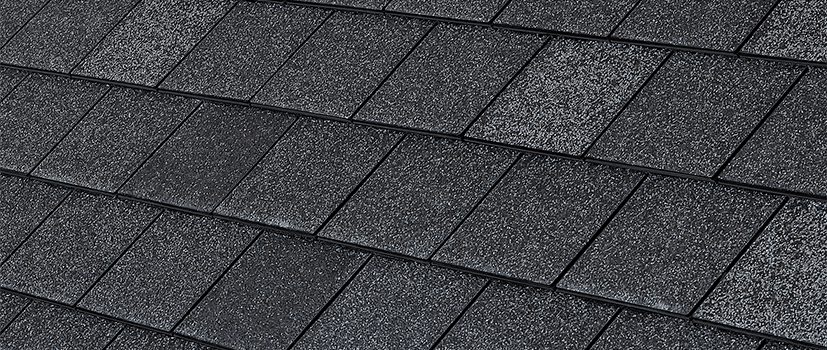

Choosing quality roofing is essential for a beautiful home exterior, and one that is safe as well. Your roof is what helps to protect your whole home from the elements, the Sun, insects, and animals. It also helps to keep your home insulated, so that it stays cool during the summer and warm during the winter and fall.
Asphalt shingles are the most common and affordable roofing option you can find, but as versatile as they are, they aren’t the perfect roofing option. Fortunately, there are some great alternatives to asphalt shingles, including synthetic shingles.
Asphalt shingles are a versatile roofing option with many style possibilities. However, they are not necessarily a durable material. Regular asphalt shingles are very susceptible to damage from high winds–strong storms can easily lift or tear off shingles completely.
Asphalt shingles are notorious for transferring heat into homes, making the temperature difficult to regulate. By attracting so much sun, the shingles can also suffer heat damage at a faster rate, which would require replacing. In addition to the heat-related issues, pooling moisture can also cause problems such as mildew. Asphalt roofs do not have as long of a lifespan as compared to other roofing materials, like synthetic shingles.
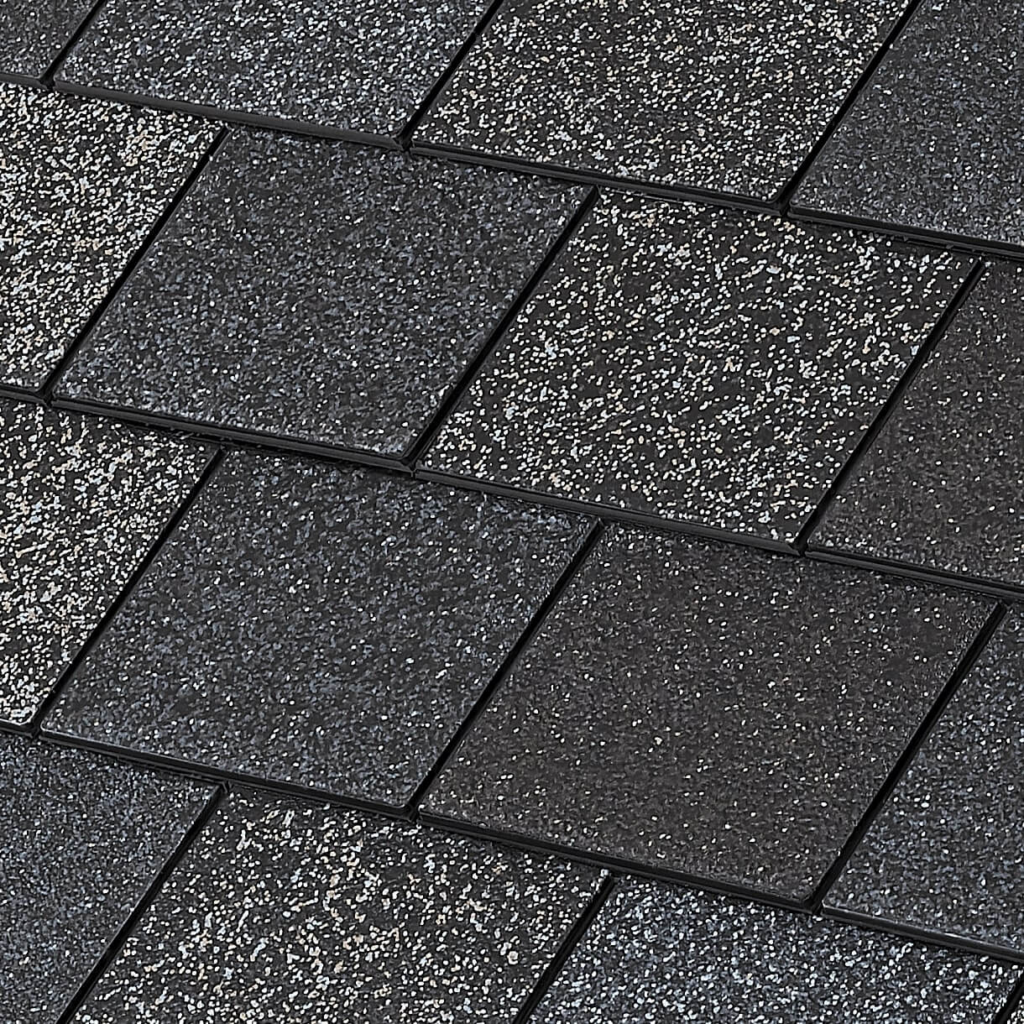
The roof is your home’s first line of defense against many different elements, including potential impacts. Hail, small branches, and other small, hard debris have the potential to cause severe damage to your home. While an asphalt roof will stop the damage to some extent, it would not survive unscathed. Larger pieces of hail and branches can cause asphalt shingles to rip, tear, or come off entirely, which leaves parts of the roof exposed.
Synthetic roofing, like F-WAVE® REVIA® shingles, are made using a commercial-grade polymer material which creates a stronger and more durable product. As a result, REVIA® shingles have a UL-2218 and FM-4473 Class 4 Hailing Resistance Rating. A Class 4 Rating (the highest rating a product can earn) means that these shingles can withstand the impact of a 2-inch diameter steel ball dropped from 20 feet in the air, twice, without showing signs of damage.
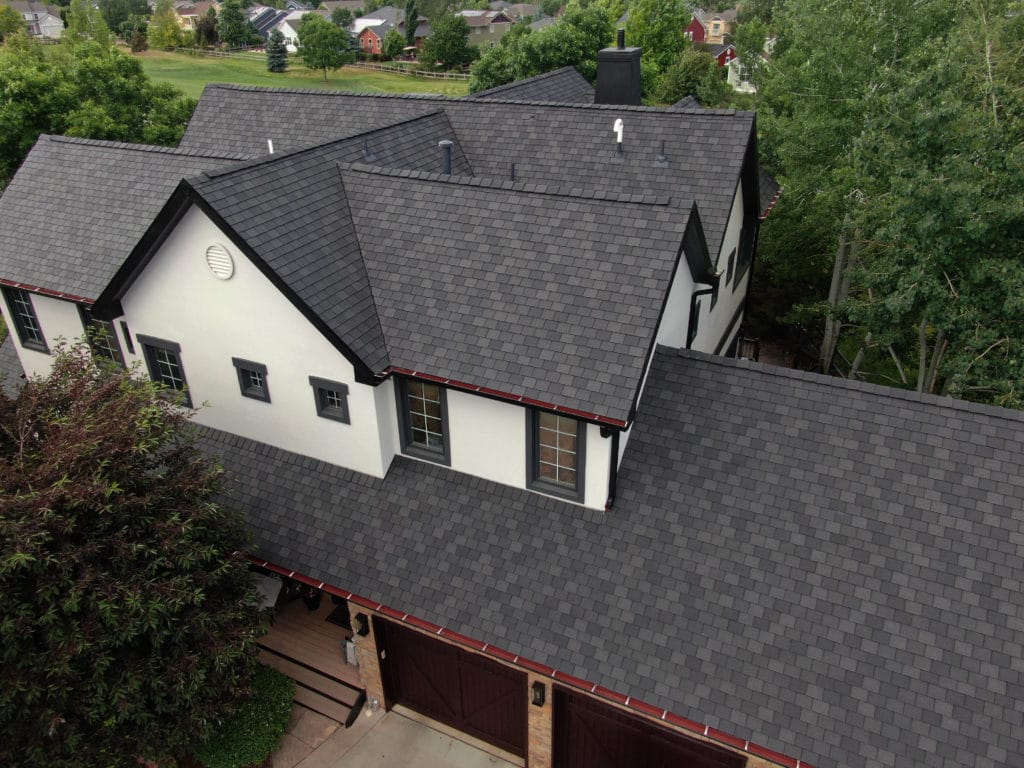
On average, asphalt shingles are built with a Class D Wind Rating, which means they can withstand winds up to 90 mph. Anything stronger can lead to shingles, or the entire roof, getting torn off, leaving the home unprotected from damaging winds and everything that comes with them.
Synthetic shingles, on the other hand, show their increased durability in these situations making them a perfect alternative to asphalt shingles. Synthetic shingles can range from a Class F Wind Resistance, (which means they can withstand winds up to 110 mph) up to Class H, the highest possible rating, with an ability to withstand winds up to 150 mph. Synthetic shingles are capable of withstanding hurricane-force winds without issue.
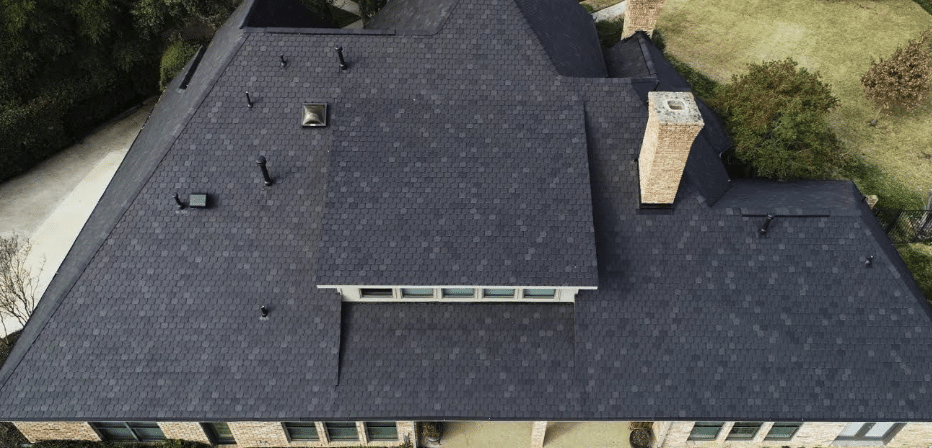
While a fire-resistant coating can be applied to asphalt shingles to increase their fire resistance, it is an extra cost and needs to be reapplied every few years to remain effective. It is extra money and maintenance that not all homeowners enjoy dealing with.
With synthetic shingles, there is no need for extra coatings. All shingles are made with a Class A Fire Rating, the highest fire rating construction products can receive. To earn this rating, roofing has to have prevented a fire from penetrating the “attic.” The spread of the flame does not surpass 6 feet, and it can last two to four hours before actually igniting in flame. Class A Rated roofs have the added benefit of being approved for use in wildfire-prone states such as California, Colorado, and New Mexico.
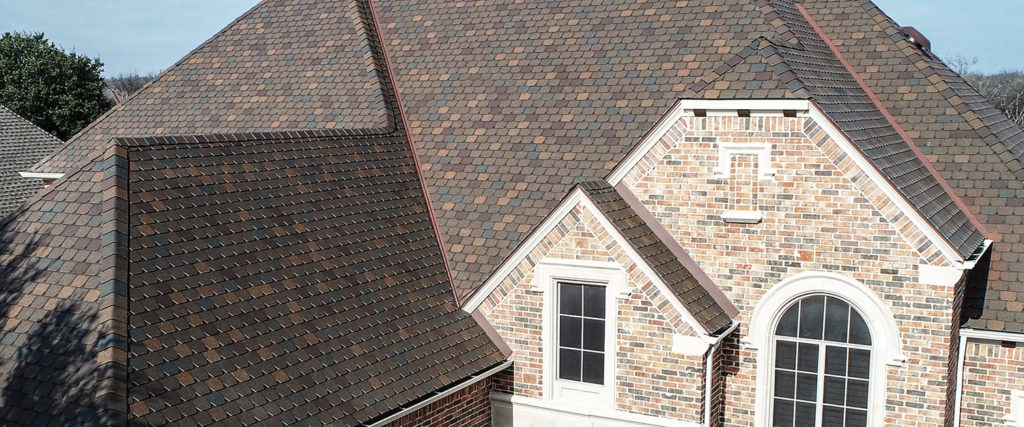
Asphalt shingles are notorious for absorbing the Sun’s UV rays when not protected by a special UV coating. The absorption of these rays means that homes will have a more difficult time keeping a well-regulated temperature during warmer months when the Sun is the strongest and asphalt shingles are also more susceptible to damage from these UV rays. As a result, they become worn out more quickly and require replacing.
While synthetic shingles are dark like asphalt shingles, they are specially designed to be able to reflect the Sun’s UV rays, which helps the home maintain a steady temperature and allows the shingles to resist weathering better.
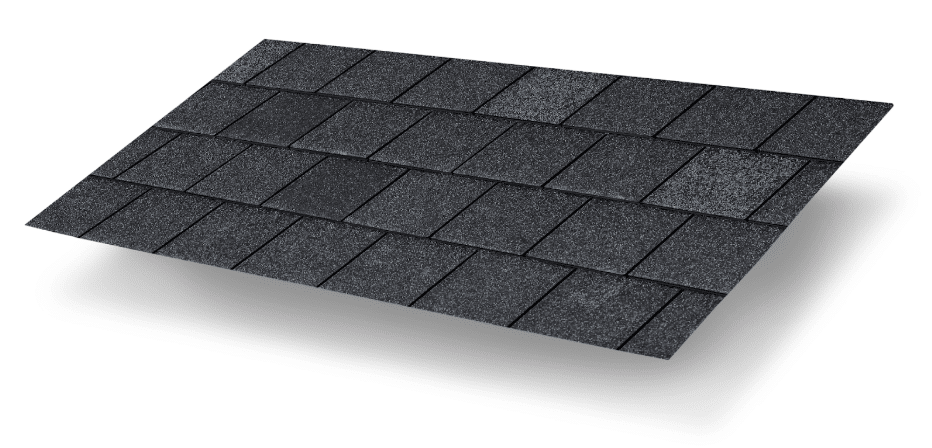
The traditional asphalt shingle consists of multiple layers. Over time, the layers can become worn, peel, and granules can become lost, which leads to cracking and further UV degradation. Asphalt is lighter than materials like wood and slate, but a whole roof can still be rather heavy.
Synthetic shingles are a great alternative to asphalt shingles because of their production process. Synthetic shingles, like the F-WAVE® REVIA® shingles, are made from a single piece of material which makes it extremely lightweight and allows for maximum durability. The unique polymer material means it is highly resistant to tears and is very easy to install.
When it comes to your roof, you don’t want to mess around. It is your home’s first line of defense from the elements and will help to keep your home well-insulated in every season. While asphalt shingles are the traditional choice, they are not the most durable option. Instead, consider one of the alternatives to asphalt shingles, like the synthetic REVIA® shingles from F Wave. These shingles look just like real asphalt shingles but are far more durable in every way.
You will not have to worry about replacing shingles or about them fading over time, and you can rest assured that your home’s roof will always be protecting your home.